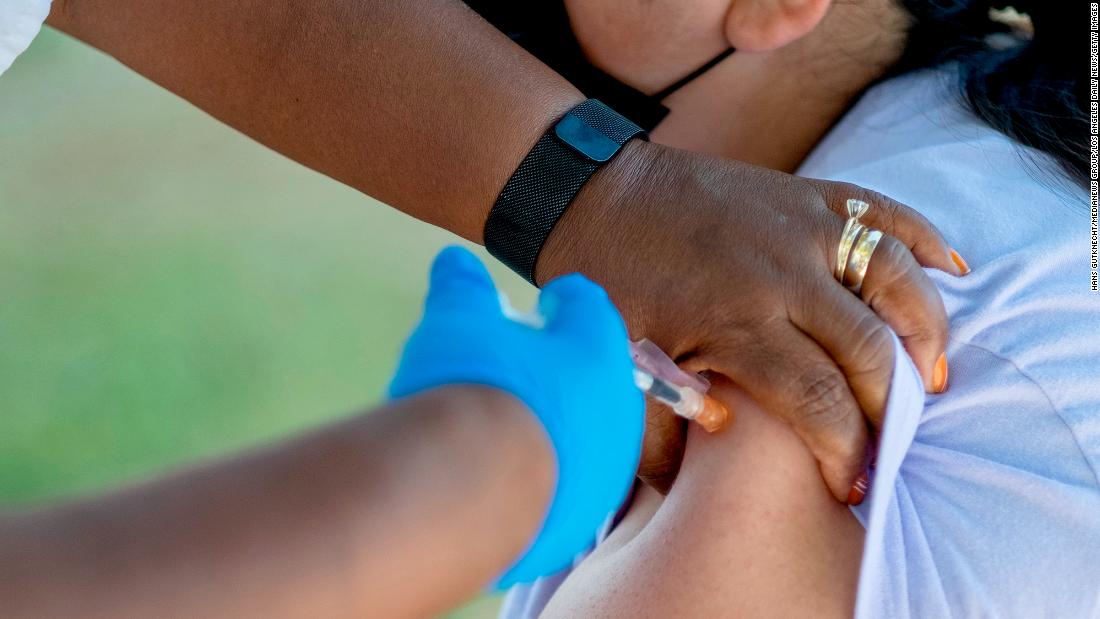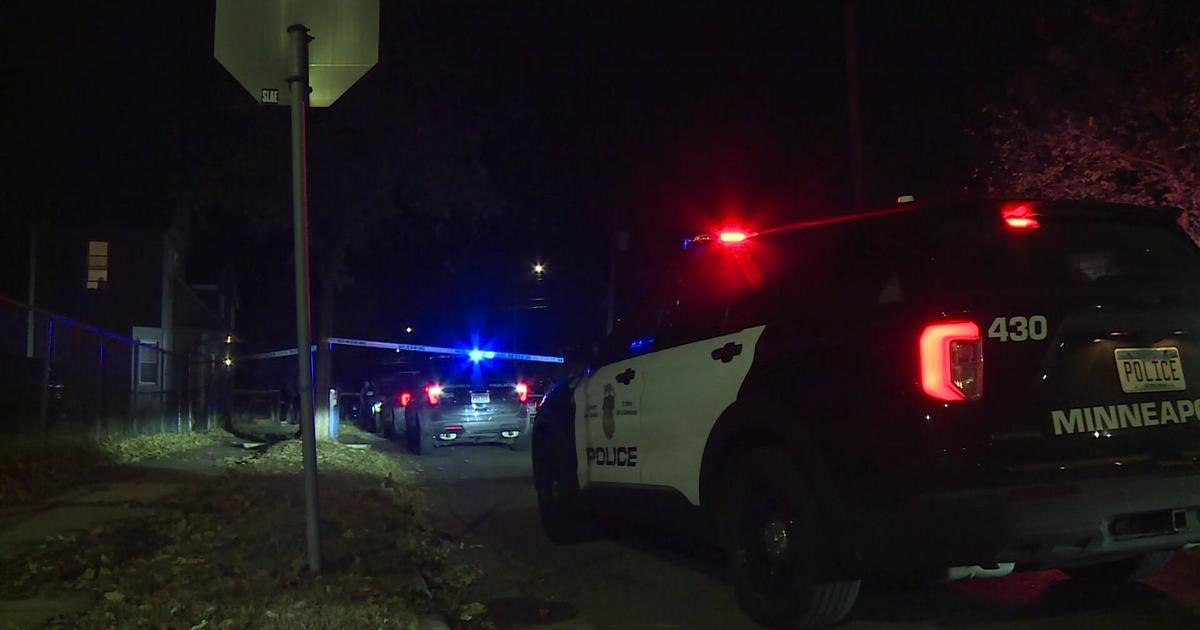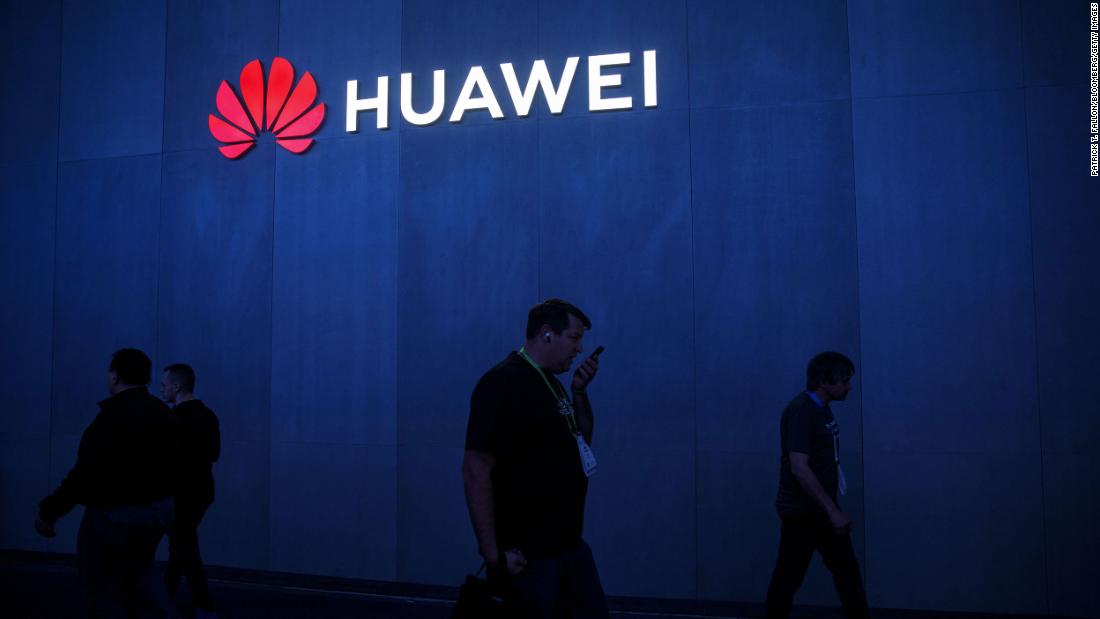Bangkok court clears Thai woman of link to accused Uyghur bombers
Woman helped find apartments for men suspected of bombing a tourist spot popular with Chinese visitors
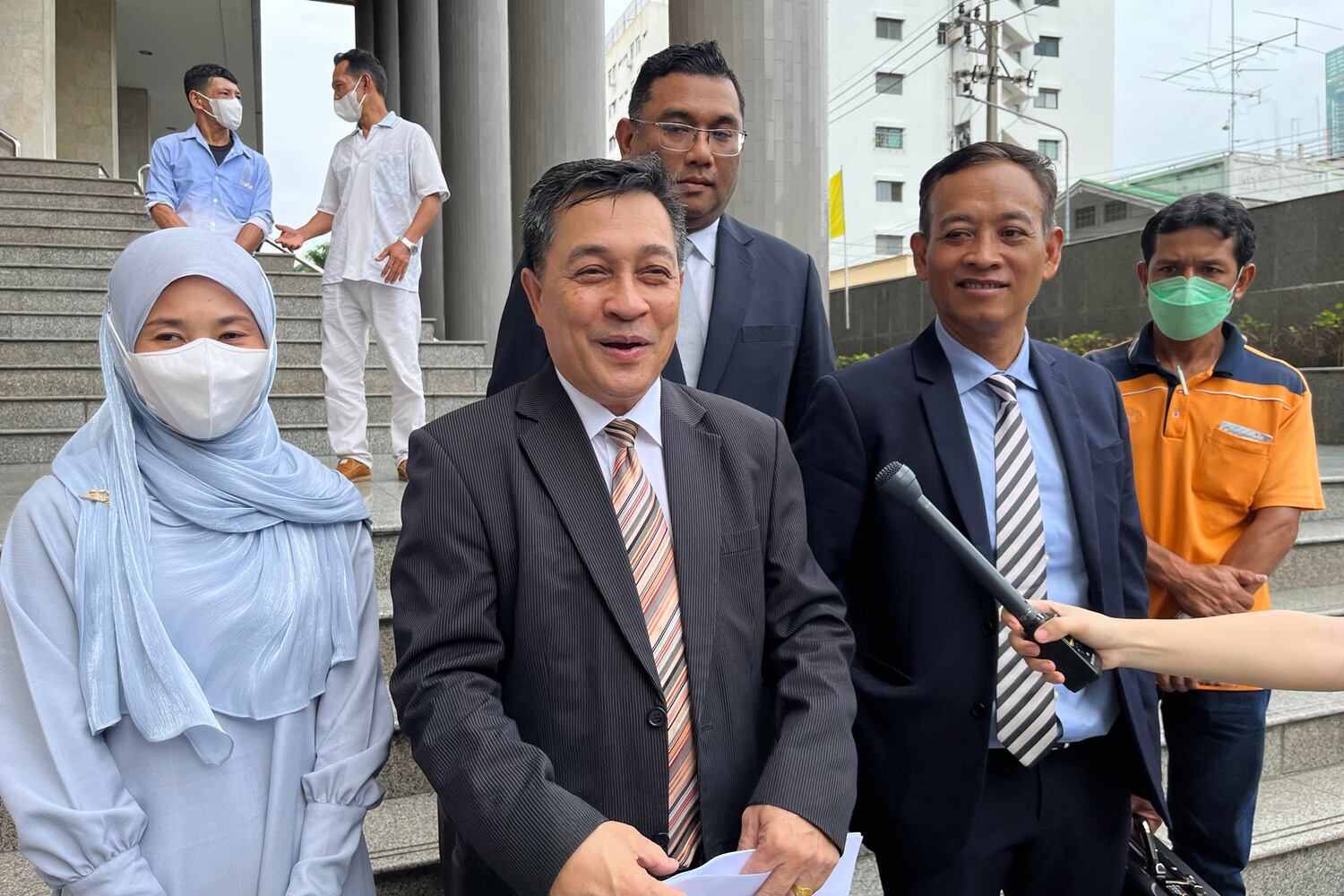
A Bangkok court on Thursday acquitted a Thai woman accused of supporting two Chinese ethnic Uyghur men suspected of carrying out a 2015 bombing that killed 20 people at a Hindu shrine popular with tourists from China.
Fourteen of those killed in the blast at the Erawan Shrine in central Bangkok on Aug. 17, 2015, were foreign tourists. More than 120 people were injured in Thailand’s most deadly ever such bomb attack.
The Thai woman, Wanna Suansan, helped find accommodation in a Bangkok suburb for Adem Karadag, also known as Bilal Mohammed, and Yusufu Mierali, where they were accused of making bombs.
The two men, who identified themselves as members of the mostly Muslim ethnic Uyghur community from Urumqi in China’s Xinjiang region, are on trial for murder.
On Thursday, the criminal court ruled that all the six charges, including first-degree murder, filed against Wanna were groundless.
“There were no defendant’s fingerprints, DNA at the site, as well as no financial transaction or phone calls to Mierali and Bilal,” a judge told the court. “There is no solid evidence against her, therefore she is acquitted.”
Wanna said she was relieved.
“I have been waiting for seven years in despair but thanks to the court for the acquittal,” she told reporters after the ruling. “I feel at ease now.”
It was unclear if the prosecutor would appeal against the ruling, according to the defense lawyer.
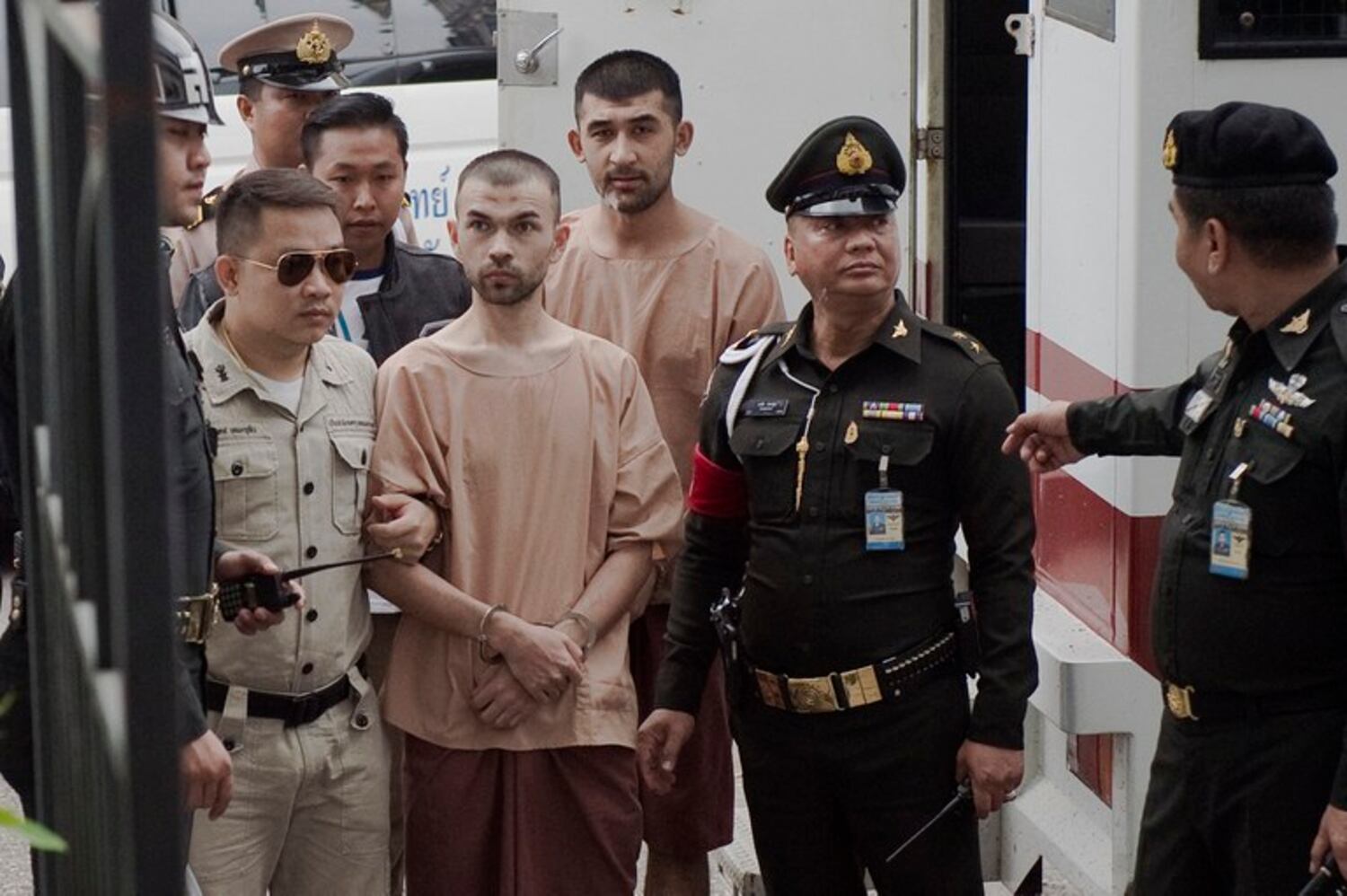
Analysts at the time said the bomb was believed to have been retaliation against the Thai government after it had forcibly deported more than 100 Uyghur people to China. They were among more than 400 who fled persecution in China in 2013 to 2014, en route to Malaysia, where they hoped to seek asylum in Turkey.
Police said the bombing was linked to a crackdown on people-smuggling and that the two men had confessed. They later retracted their confessions, saying they had been forced to make them, their lawyer said.
Police arrested Wanna, who is Muslim, in November 2017 after she landed in Bangkok upon her return from Turkey.
Police said Wanna and her Turkish husband, Emrah Davutoglu, fled to Turkey following the shrine bombing. But the court found she had left Thailand before the attack.
After the shrine bombing and a small pipe-bomb blast at a passenger pier on Bangkok’s river the next day, police issued warrants for 17 suspects including Thais and foreigners.
Defense lawyer Choochat Kanphai who represented Wanna and the Uyghurs, told Radio Free Asia affiliate BenarNews that he expected the trial of Karadag and Mieraili to finish next year, given that there were some more 50 witnesses waiting to testify. The next hearing will be in March.
“We will study today’s verdict to see if it could indicate the direction [of the Uyghur case],” Choochat said.
RELATED STORIES
British foreign secretary under fire for failing to raise Uyghur genocide in China
Condemned Uyghur official dies in prison in China’s Xinjiang region
US adds 2 more Chinese companies to Uyghur slavery blacklist
Edited by Mike Firn



